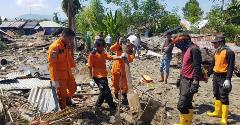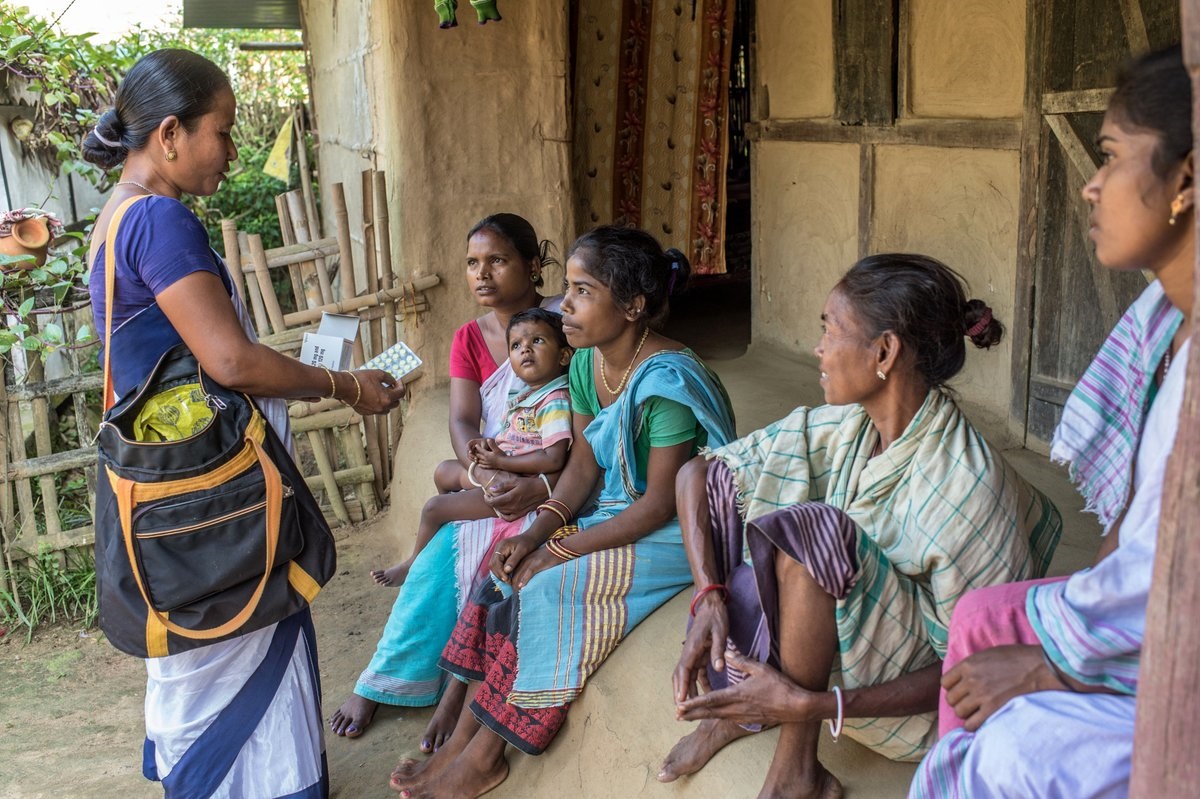12th Meeting of the South-East Asia Regional Certification Commission for Polio Eradication (SEA-RCCPE)
Dhaka, Bangladesh, 18-19 September 2019
Overview
The sixty-eighth session of the World Health Assembly of the World Health Organization (WHO) in 2015 urged Member States to fully implement all the strategic approaches outlined in the ‘Polio Eradication and Endgame Strategic Plan 2013-2018’ (Endgame Plan). The Endgame Plan has certification and poliovirus facility containment as one of its four objectives which requires continued active oversight by the Regional Certification Commission for Poliomyelitis Eradication (RCCPE) and National Certification Committees for Poliomyelitis Eradication (NCCPEs).
The Global Polio Eradication Initiative Endgame Strategy 2019–2023 will now guide the programme until global certification is achieved. The key components of the strategy are eradication, integration, certification and containment. The seventy-first World Health Assembly adopted resolution WHA71.16 in 2018 in which it urged Member States to intensify efforts to accelerate the poliovirus containment progress.
Based on the reports received by NCCPEs and presentations made at the 11th RCCPE meeting in November 2018, the RCCPE had concluded that the WHO South East Asia (SEA) Region had remained polio-free during the period of review. While commending the efforts undertaken by countries the RCCPE had cautioned about the risk of complacency and possible movement of resources to other health programmes. The RCCPE was concerned about continued wild poliovirus type 1 (WPV1) transmission and the ongoing and new outbreaks of circulating vaccine derived poliovirus (cVDPV), especially type 2 (cVDPV2). The RCCPE was particularly concerned about the cVDPV type 1 outbreak in Papua New Guinea and its risks and possible implications for the Region, especially Papua Province of Indonesia. The RCCPE considered emergence of cVDPV or transmission of imported vaccine derived poliovirus (VDPV) in areas of low coverage — of which many exist in countries in the Region — to be an equally important risk to the polio-free status of SEAR as imported wild poliovirus (WPV). The RCCPE emphasized that virus spread would be further facilitated by gaps in surveillance and inadequate outbreak preparedness. The RCCPE had noted the outlook of the Global Certification Commission (GCC) on global certification options and recommended that countries report data on their last WPV1 and WPV type 3 (WPV3) to NCCPEs.
In this context the 12th RCCPE meeting was held from 18-19 September 2019 in Dhaka, Bangladesh; with the following objectives:
(1) to conclude and recommend on (based on review of country progress reports):
- national and regional risk assessments to highlight gaps in the levels of immunity and the quality of surveillance at national and sub-national levels,
- national polio outbreak preparedness, and
- poliovirus containment requirements as per the WHO Global Action Plan to minimize poliovirus facility-associated risk after type-specific eradication of wild polioviruses and sequential cessation of oral polio vaccine use (GAPIII);
(2) to review the implementation status of the recommendations made at the 11th meeting of the SEA-RCCPE; and
(3) to update the GCC on the polio-free certification status and Endgame Plan implementation of the SEA Region.







